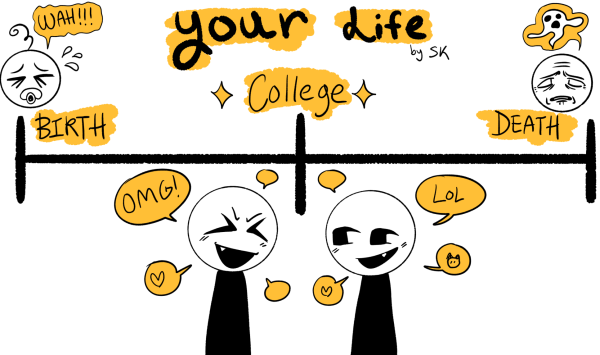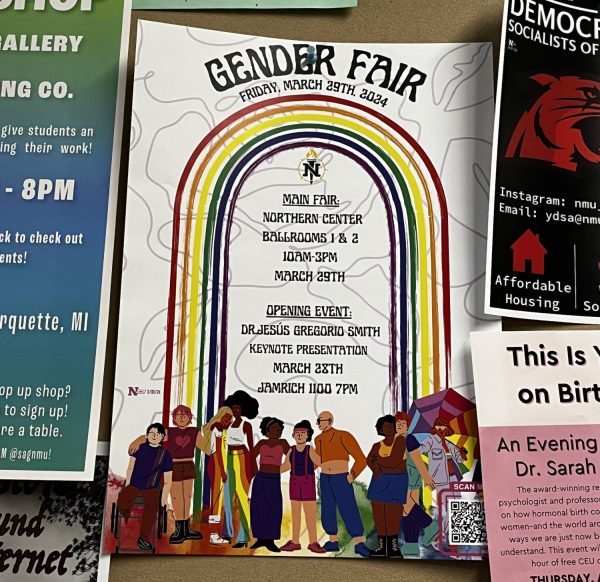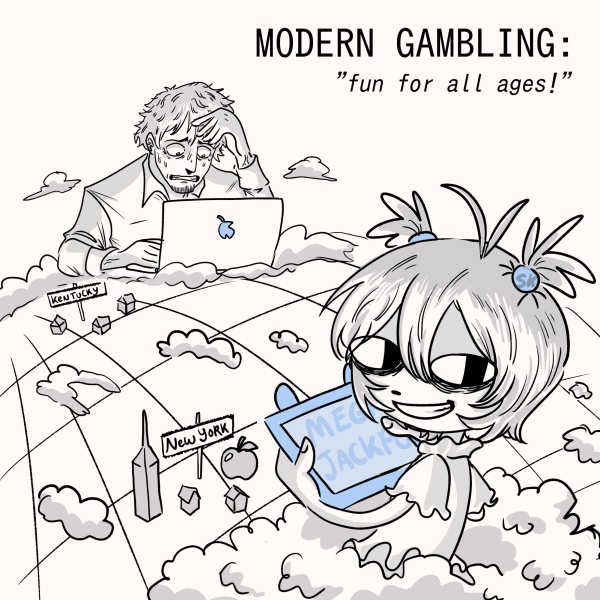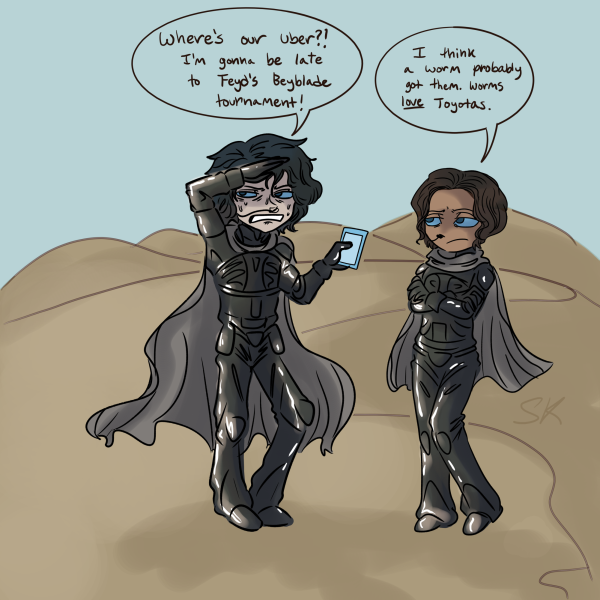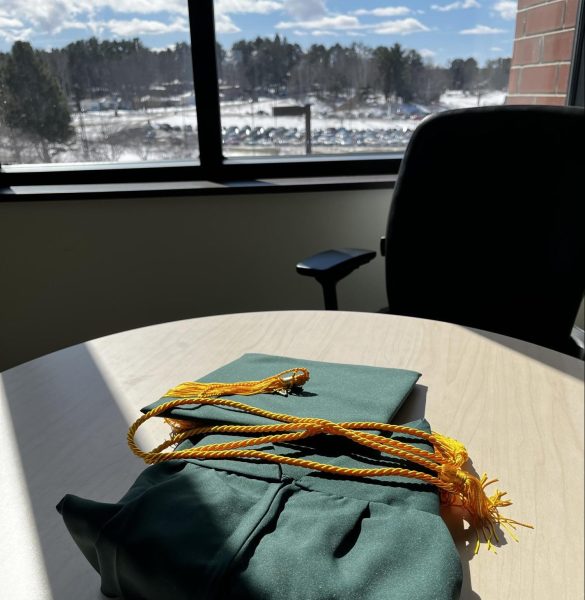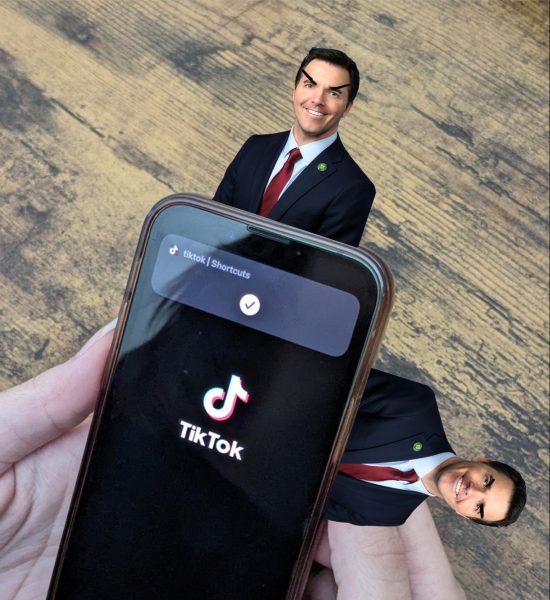Opinion—The importance of vulnerability
March 10, 2022
Oversharing — there’s a stigma to it. In some cases, oversharing is deeply uncomfortable to be on the giving or receiving end of. It can also be deeply inappropriate depending on the situation.
For example, someone in front of you in line at Fiera’s starts talking to you about their ingrown toenails? Super unpleasant. No one wants that. Or maybe a student starts regaling tutors with details of their dating life? Everyone gets uncomfortable.
But I’m a firm believer that oversharing has its place in building strong friendships and relationships, and sometimes it even has its place in public discourse when we’re trying to break down certain stigmas or misconceptions about real people’s personal lives.
I’ve lived as a closed-off person and as an open person. I can say now that I definitely prefer my life as an open communicator, blatantly oversharing with friends and occasionally with new-ish acquaintances. Of course, there’s a time and a place, and sometimes I probably make terrible judgments about those times and places. But I find that sharing personal things about my life (sometimes bordering on a little too personal) tends to have a positive impact on my relationships, because those things require a lot of vulnerability to talk about.
Vulnerability about personal concerns, sharing the real nitty-gritty pieces of being alive and navigating adulthood, can be really scary. But lots of people, especially in our generation, appreciate candid discussion. There’s a sense of coming down to Earth, letting pretensions go, and acknowledging that everyone is struggling and confused in some way.
You can either choose to keep everything close to you, and allow imperfections to have power over you; or you can let this tight control go, acknowledge that no one cares, release any shame or embarrassment you might feel for being human and chill the hell out. No one cares.
In my experience, initiating an exchange of vulnerability by oversharing in the right circumstance can be very powerful. If I find that I feel safe being vulnerable with acquaintances, those people often become close friends.
Giving away a piece of your private experience can make other people feel safer as well. For them, it can be a relief to hear that someone else is having an embarrassing problem they’ve experienced before, or that someone else is struggling with a mental health concern you thought was yours alone. Maybe they just need a reminder that everyone else is human and flaws are universal. I know I need those reminders sometimes.
That’s where vulnerability can become powerful in public discourse, through the right channels. Our generation has become masterful at using social media platforms and the internet in general to raise awareness and acceptance of realities that have traditionally been swept under the rug. We are more open than ever about mental health concerns. We can have candid discussion about sexuality in its many forms. Other taboos such as addiction and trauma also have their place in the public forum.
These discussions in media combine to create a world where we know, in theory, that we’re not alone. Sometimes it takes a friend opening up about these realities in their own life, for us to understand this truth on a deeper level.

























